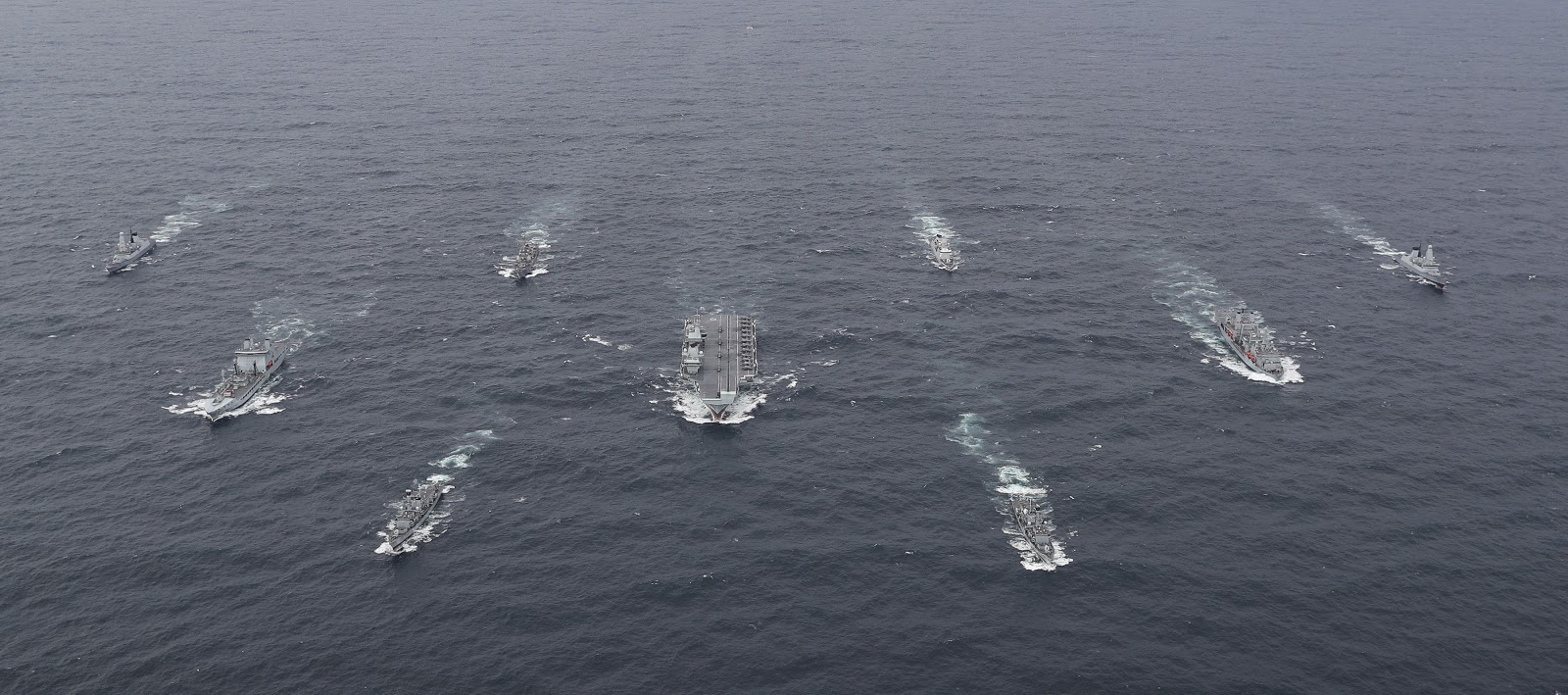It can be said that British political thinking has converged towards a nostalgic sense of empire. The Brexit referendum called in 2016 highlighted Britain’s urge to regain a sense of sovereignty from a supranational political institution. After leaving the European Union (EU), the UK received sovereignty over its foreign policy and thus a new age of Britain would inevitably be born, led by Prime Minister, Boris Johnson. Defence resets and revisions come and go in political discourse, with shifts from Thatcher to both Blair and Cameron’s liberal interventionist policy which saw intervention on the grounds of human rights abuses worldwide.
According to Blair, The UK’s position amongst the international order was a bridge between the EU and the US. However, with Obama claiming that the UK will move to the back of the queue after withdrawing from the EU, it is clear that Boris’ government has to re-evaluate Britain’s foreign policy in an ever-changing global order. This raises an important question. What is Britain’s purpose in a post-Brexit world and how will it be achieved?
The rise of China as an economic superpower and the gradual rise of Russia along with its military power has created an opportunity for Britain to distance itself from the European Union, which its position on the global order had been heavily defined by. Global threats of terrorism and cyber-terrorism have further pushed Britain to define its stance on a multi-dimensional battlefield. As defined by her majesty’s government, British foreign policy thus ‘shapes the open international order of the future’.
The 2021 review of British foreign policy titled ‘A global Britain in a competitive age’ attempts to answer and prevent the growing threats of international actors. Britain’s position on foreign policy is heavily defined throughout the document with a shift into the realm of cyber-terrorism and investments in Artificial Intelligence. The Prime Minister further announced upgrades to the military’s artillery capabilities and an increase of nuclear weapons from 195 warheads to 260.
Johnson’s view of the future is an ambition to make Britain Europe’s leading Naval power and to modernise the royal airforce. However, these ambitions come with heavy criticism. With a move towards a multi-dimensional battlefield, plans for a new global Britain ignore the growing tensions of traditional warfare with preparations to downsize the army to a capacity of 72,000 troops. Tobias Ellwood MP, the chair of the Defence Select Committee warns that the UK faces ‘danger and instability as China begins to flex its military muscles’.
With the economy shrinking as a result of COVID-19 and lockdown restrictions, it is rational to question the UK’s capacity to fight a battle on all fronts. The amendments to the UK’s nuclear position has been seen as a huge blow to the multi-lateral process of nuclear disarmament that Britain once advocated for. To international scholars, the increase of nuclear weapons only produces more tension in what is known as the Security dilemma. This places British foreign policy in the position of aggregation rather than one of defence.
What is the cost of this position on the international stage? The November 2020 cut to the Foreign Aid budget from 0.7% to 0.5% of GNI, whilst it was said to be temporary, highlights the UK’s failure to commit to the international community’s pledge of international development and aid. With that in mind, it begins to answer the question about the UK’s search for purpose.
Despite the withdrawal from the European Union, the UK remains a permanent member of the United Nations Security Council. It remains one of the founders of the North Atlantic Treaty Organisation (NATO) and continues to dominate as a soft power through the Commonwealth. Whilst the UK may have claimed back its sovereignty and its ability to re-define a new Foreign policy, British defence will always be intertwined and bound to that of the EU’s. The UK’s geographical location places itself in the same strategic environment as that of the EU. Thus, multilateral alliances must be formed outside of NATO due to the share of a common enemy.
With political thinking often containing a nostalgic sense of empire, it is clear that Britain’s ability to shape the international order is limited to what is perceived. As Peter Ricketts claims, “the review of British foreign policy is more balanced and less radical than what had been foreshadowed”. To claim that the UK has a purpose after Brexit would ignore its history of collective action within the international community compared to the backdrop of an international empire of the past.
The special relationship with America is now at the back of the queue with a new American-Irish president showing distaste with Britain’s withdrawal from the EU. With a European Union that no longer trusts the UK and a China too powerful to be budged, it can be said that British foreign policy and Boris’ new Global Britain is feeble and does not reflect upon the growing tensions of international politics and state power.
In a country with developing national tensions and a lack of political coherence, British foreign policy remains unable to gain a sense of purpose.
Header image credit: Medium

